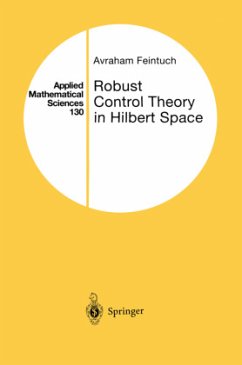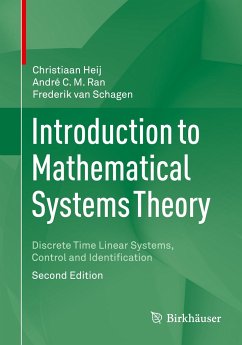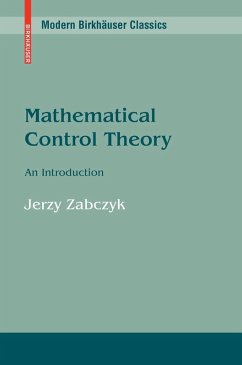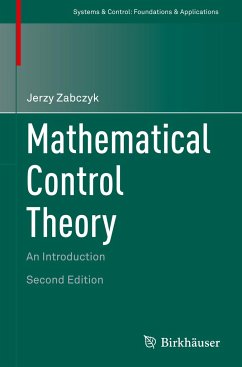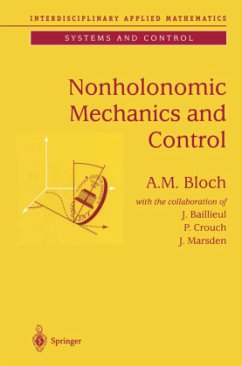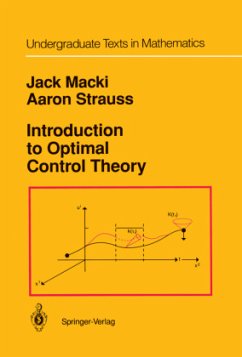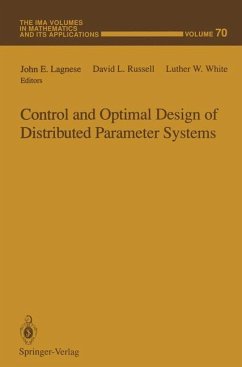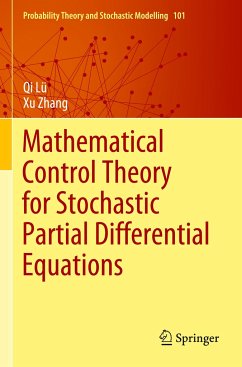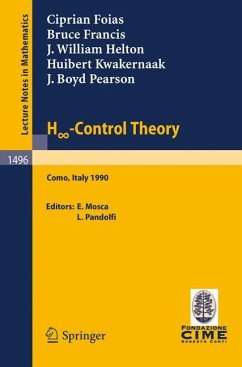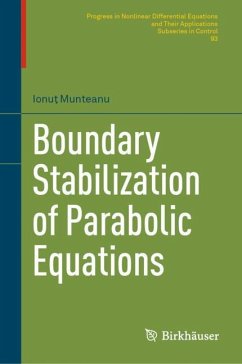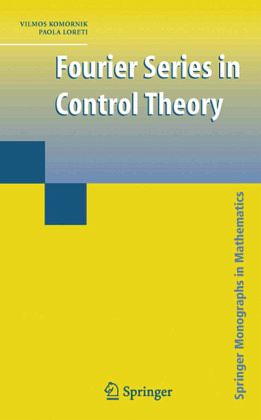
Fourier Series in Control Theory

PAYBACK Punkte
19 °P sammeln!
This book uses techniques of Fourier series and functional analysis to deal with certain problems in differential equations. The Fourier series and functional analysis are merely tools; the authors' real interest lies in the differential equations that they study. It has been known since 1967 that a wide variety of sets {ewikt} of complex exponential functions play an important role in the control theory of systems governed by partial differential equations. However, this book is the first serious attempt to gather all of the available theory of these "nonharmonic Fourier series" in one place,...
This book uses techniques of Fourier series and functional analysis to deal with certain problems in differential equations. The Fourier series and functional analysis are merely tools; the authors' real interest lies in the differential equations that they study. It has been known since 1967 that a wide variety of sets {ewikt} of complex exponential functions play an important role in the control theory of systems governed by partial differential equations. However, this book is the first serious attempt to gather all of the available theory of these "nonharmonic Fourier series" in one place, combining published results with new results by the authors, to create a unique source of such material for practicing applied mathematicians, engineers and other scientific professionals.





